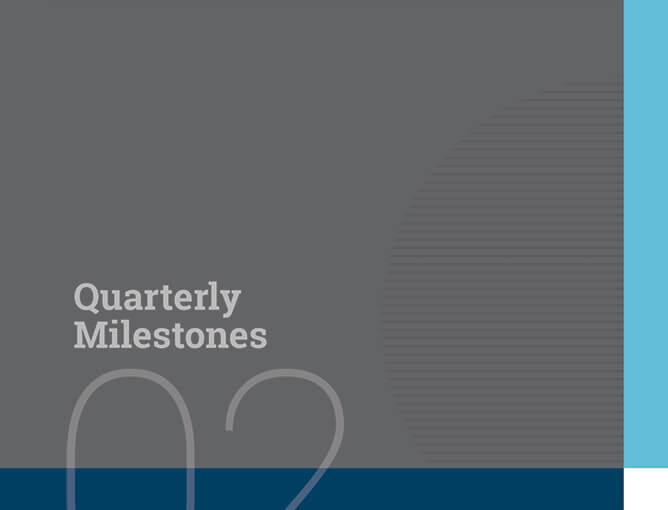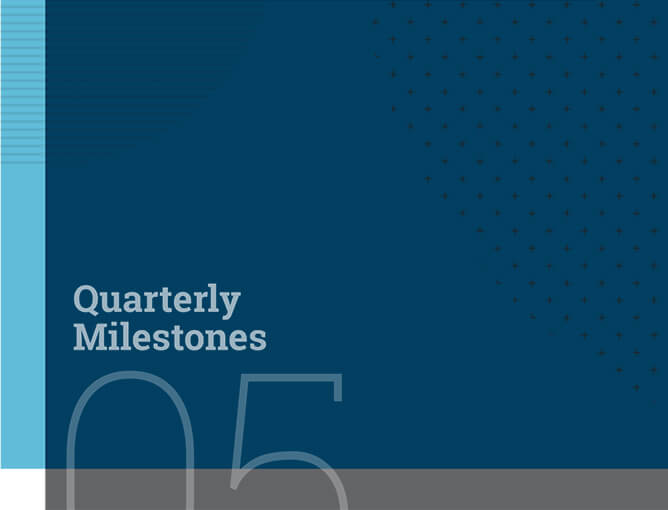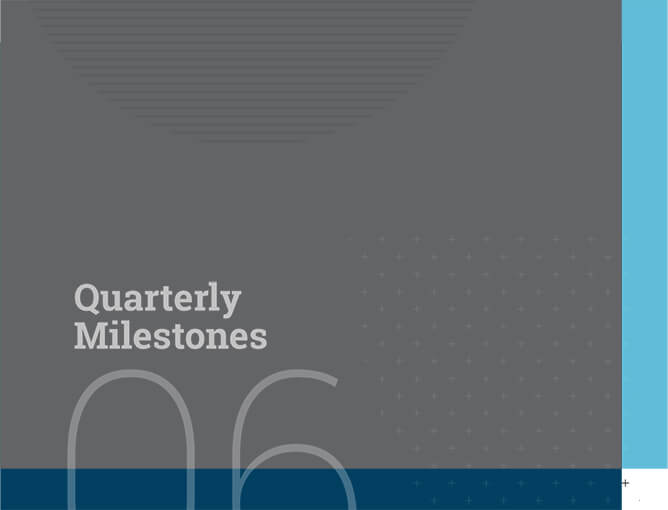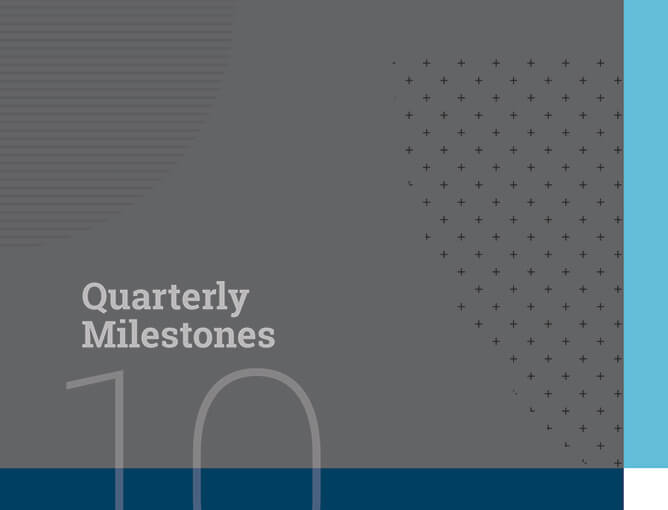
Ankush GoyalPartner

Rohan KohliSenior Associate
Key Developments
-
Additional disclosure requirements and compliances for certain foreign portfolio investors
The Securities and Exchange Board of India (SEBI) had introduced amendments to the SEBI (Foreign Portfolio Investors) Regulations, 2019 (FPI Regulations), with effect from 10 August 2023, mandating additional disclosures to be made by certain FPIs regarding their beneficial owners. Subsequently, SEBI issued a circular on 24 August 2023 specifying the manner in which FPIs fulfilling the prescribed criteria are required to provide granular level information to their Designated Depository Participants (DDP). (To read our detailed update on the circular, click here.)
The additional disclosures will involve identifying the entities with economic, ownership, or control rights in the FPI on a full look-through basis without applying any threshold. The detailed mechanism and format for complying with the circular will be spelled out by Standing Operating Procedures which will be framed and adopted by DDPs.
The criteria for identifying the FPIs obligated to make such disclosures are:
- holding more than 50% of their Indian equity assets under management (AUM) in a single Indian corporate group.
- holding more than INR 25,000 crore of equity AUM in the Indian markets, either individually or with investor group.
Certain categories of FPIs are exempted from these disclosure norms. The circular also recognises that there may arise genuine circumstances which prevent compliance with the disclosure norms. Accordingly, entities that (i) may not pose significant systemic risk (such as Public Retail Funds, Government related investors registered as FPIs, Exchange Traded Funds, etc.),(ii) face genuine constraints in adhering to the specified limits; (iii) have a broad-based and pooled structure with widespread investor base, etc., are not required to make these additional, granular disclosures.
The additional disclosure requirements are aimed at addressing the possibility of misuse of the FPI route by certain FPIs that have a concentrated portion of their equity portfolio in a single investee company or corporate group, and can potentially circumvent the minimum public shareholding requirements for listed companies. In addition to increasing compliance burden and costs for those FPIs that fit the prescribed parameters, these requirements, geared towards enhancing transparency in FPI investments, may impact various existing FPI structures.
-
Streamlining of the corporate insolvency resolution process
Recent amendments to the Insolvency and Bankruptcy Board of India (Insolvency Resolution Process for Corporate Persons) Regulations, 2016 notified on 18 September 2023 introduce several key changes, set out below, aimed at streamlining the corporate insolvency resolution process (CIRP).
- Financial and operational creditors are now required to submit a chronology of the debt and default by the corporate debtor while filing an application initiating insolvency under Sections 7 or 9 of the Insolvency and Bankruptcy Code, 2016 (IBC). This includes details (along with the relevant evidence) of when the debt became due, date of default and part payments, last acknowledgment of debt and the limitation applicable.
- Members of the committee of creditors (CoC) may now propose an audit of the corporate debtor with the scope, objective, cost estimates, timeframe, and details of the proposed auditor. Such audit will require approval from the CoC and any associated expenses will form part of the CIRP costs.
- The interim resolution professional (IRP) and the resolution professional (RP) have been given powers to take custody and control of records of information with respect to the assets, finances and operations of the corporate debtor, along with assets recorded in the balance sheet or any other records. The IRP or RP can make requisitions to the erstwhile promoters and management in this regard.
- Creditors can submit claims up to the date of issue of request for the resolution plan or 90 days from the insolvency commencement date, whichever is later. If claims are submitted beyond the 90-day period above, reasons must be furnished.
These measures are a welcome step toward increasing the efficiency of the CIRP. Greater powers granted to the IRP and RP should also aid in information gathering vis-à-vis corporate debtors and improve outcomes for all stakeholders.
-
Consultation paper for restricting association of registered entities and intermediaries with ‘finfluencers’
SEBI has released a consultation paper on 25 August 2023 proposing to restrict the association of SEBI registered intermediaries or regulated entities with any unregistered entities or ‘finfluencers’. The paper highlights how such unregistered entities or ‘finfluencers’ may effectively be enticing their followers on social media to purchase products, services, or securities in return for undisclosed compensation from platforms or producers and aims to curb such flow of compensation and other perverse incentives. The consultation paper also proposes to prohibit any direct or indirect monetary or non-monetary association of SEBI registered intermediaries or regulated entities with any unregistered entities for promotional purposes, and prohibit entities registered with SEBI or the Association of Mutual Funds in India from sharing any confidential client information with them.
-
Extended runway for virtual extraordinary general meetings and annual general meetings
The Ministry of Corporate Affairs (MCA) issued a circular on 25 September 2023 permitting companies to conduct extraordinary general meetings (EGM) and annual general meetings (AGM) through video conference and other audio-visual means until 30 September 2024. This measure was originally announced in 2020 to allow companies to comply with prescribed timelines for conducting such meetings during the COVID-19 pandemic and was set to expire on 30 September 2023 before this extension.
-
Limited Liability Partnerships Amnesty Scheme, 2023 for delayed filings of certain forms
Limited Liability Partnerships (LLP) which are unable to file Form-3 (LLP Agreement and changes therein), Form-4 (Notice of appointment, cessation, change in name/address/designation of designated partner or partner, consent to become designated partner or partner) and Form-11 (Annual return of LLP) within the prescribed timelines, have been permitted a one-time relaxation in additional fees by the MCA. The circular dated 23 August 2023 detailing this amnesty provides for a sequential filing process, an efficient Straight Through Process (STP) methodology and relaxed fee structures. This scheme is applicable from 1 September 2023 till 30 November 2023 and LLPs availing of the scheme will not be liable for any action for delayed filings for these forms.
-
Proposed changes to the treatment of wilful and large defaulters
The Reserve Bank of India (RBI) has issued the draft Master Direction - Treatment of Wilful Defaulters and Large Defaulters on 21 September 2023, proposing an overhaul of the current regulatory process to deal with such borrowers. The draft directions expand the scope for entities permitted to classify borrowers as wilful defaulters and broaden the existing defined scope of ‘wilful default’. The draft directions also clarify various aspects of the sale of such accounts by lenders to asset reconstruction companies and mandate the review and finalisation of a wilful default within six months of an account being classified as a non-performing asset. The draft directions propose to permit the removal of an account from the list of wilful defaulters upon having undergone resolution under the IBC or under the Prudential Framework for Resolution of Stressed Assets dated 7 June 2019 issued by RBI, which results in a change in management and control of the entity.












